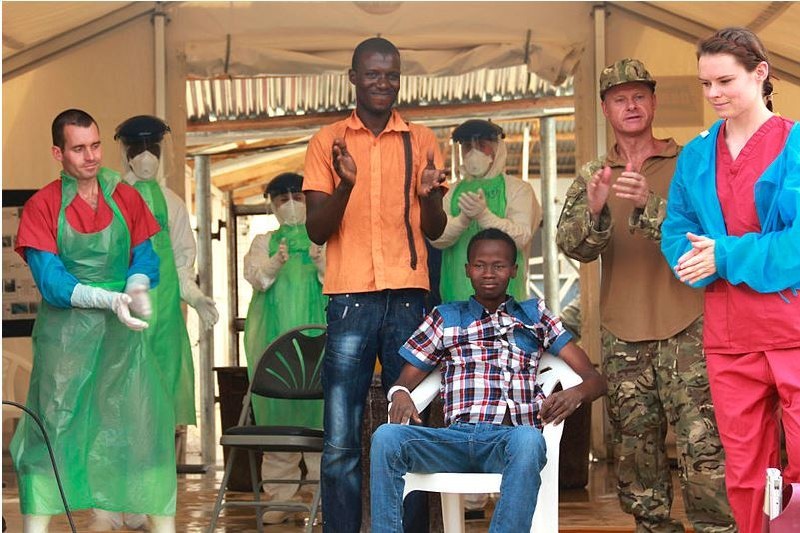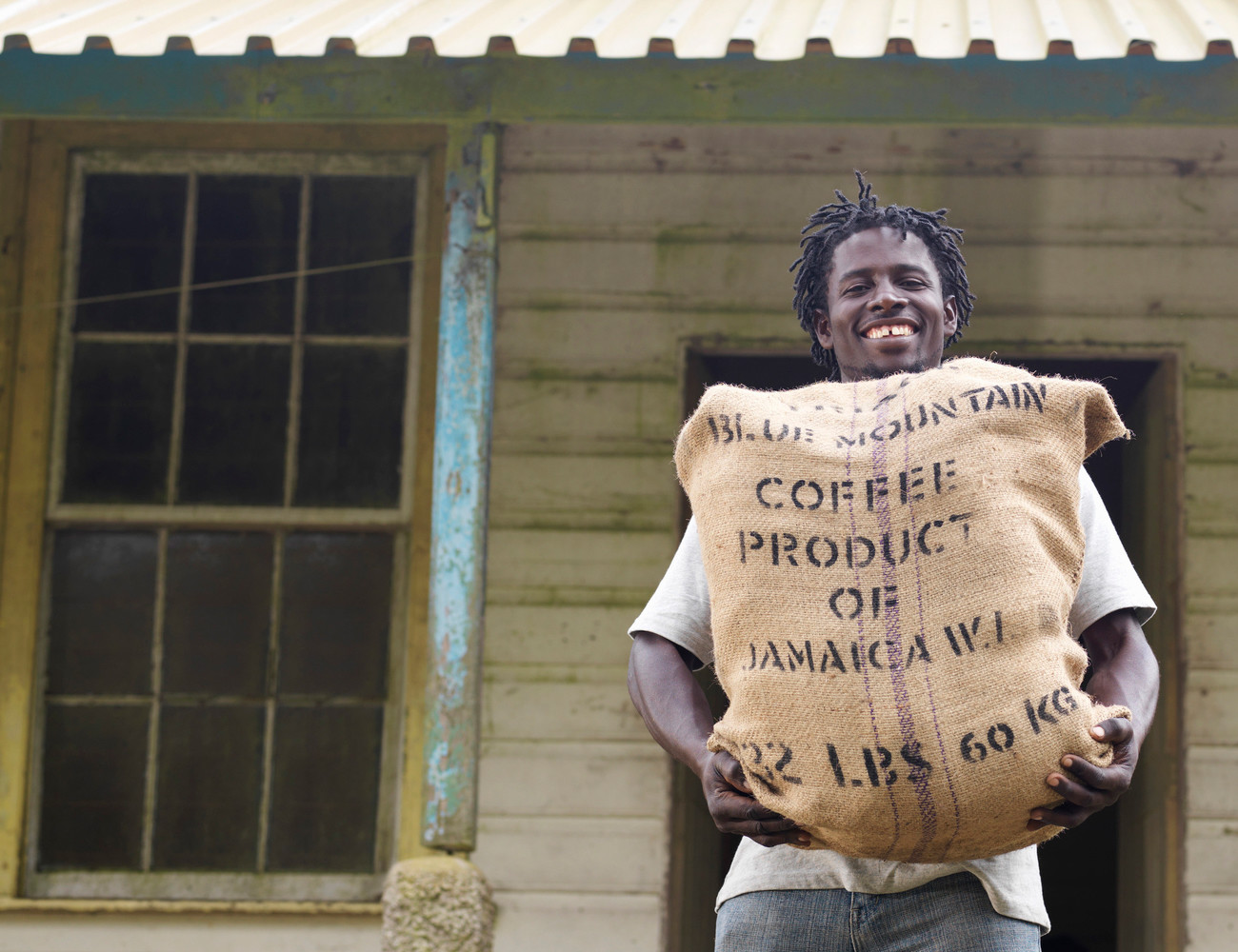The 2014/15 Ebola virus disease (EVD) outbreak in Sierra Leone was devastating. It affected the West African country disproportionately, taking nearly 4,000 lives – more than a third of the global death toll. In the aftermath, the government took steps to be better able to deal with future outbreaks of communicable diseases. They asked the Commonwealth Fund for Technical Co-operation (CFTC) to provide an expert to advise them. That person was Dr James Akpablie.
Dr Akpablie is a health system strengthening specialist with more than 20 years’ experience in public health programmes. He is skilled in epidemiology and disease control and prevention.
Sierra Leone had experienced a cholera outbreak in 2012, followed by an EVD epidemic in 2014. The country is also vulnerable to other contagious diseases including measles. So our CFTC expert was exactly what Sierra Leone needed.
Between 2015 and 2017, Dr Akpablie worked with the country’s Ministry of Health and Sanitation (MOHS) and the World Health Organization to strengthen Sierra Leone’s public health system. As Technical Lead at the Public Health National Emergency Operations Center, in the capital, Freetown, he focused on early warning and reporting capacities, improved responses and effective infectious disease mitigation. With the MOHS he developed a comprehensive electronic integrated disease surveillance and response (IDSR) system that can promptly identify, track and control future outbreaks.
Dr Akpablie oversaw the training of community health workers (CHWs) throughout the country.
To make it an effective system, Dr Akpablie oversaw the training of community health workers (CHWs) throughout the country. By January 2017, he and the MOHS had trained 8,400 CHWs in community-based surveillance of disease outbreaks, in nine of Sierra Leone’s 16 districts.
Dr Akpablie’s work was part of a bigger Secretariat initiative to enhance Sierra Leone’s public health protection policy, particularly in the context of achieving universal health coverage. The latter would guarantee every citizen access to health services.
The initiative included a series of workshops for policy-makers with health experts. It also involved piloting a health policy toolkit developed in partnership with Public Health Wales, Public Health England and the UK’s Department of Health.
The toolkit identifies countries’ prioritised needs towards universal health care (UHC) and health security through the control of communicable diseases, emergency preparedness, and environmental health. We designed the toolkit to help our member countries achieve the Sustainable Development Goals and targets on health by 2030. Sierra Leone’s MOHS has commended the toolkit for the improvements it has made to the ministry’s disease surveillance and response mechanisms, and its strategic management of development partners.
In March 2016, Dr Joanna Nurse, Head of Health at the Commonwealth Secretariat, commented on our work with Sierra Leone’s Government. She said: “Climate change, environmental risks, education opportunities and a country’s economy all impact the effectiveness of health systems. Our aim is to have a very holistic approach to addressing the health challenges in Sierra Leone and to learn lessons from the Ebola pandemic.”
Our aim is to have a very holistic approach to addressing the health challenges in Sierra Leone and to learn lessons from the Ebola pandemic.
— Dr Joanna Nurse, Head of Health at the Commonwealth Secretariat
More progress with health
In the 2015-2017 period, the Secretariat experienced financial cuts, reduced staff capacity and internal strategic shifts. This meant that we had to downscale direct assistance to members, and our health programme did not meet its targets. Yet, despite these setbacks, we were able to make significant achievements.
At CHMM 2017 (Commonwealth Health Ministers Meeting, Geneva, May 2017) there were delegates from 37 countries, including 26 ministers. They shared regional and country experiences and lessons. Topics included the sustainable financing of UHC, global security, and violence prevention (particularly domestic violence). Outcomes were presented at the 70th World Health Assembly.
In 2016/17, Saint Vincent and the Grenadines achieved its objective of establishing a multisector National Non-communicable Diseases Commission (NNCDC). Also, Grenada successfully strengthened its existing NNCDC, and Antigua and Barbuda launched its Wellness Commission in February 2017. These achievements followed our development of frameworks for the commissions, in partnership with the Healthy Caribbean Coalition, the previous year.
At CHMM 2016 (Commonwealth Health Ministers Meeting, Geneva, May 2016) the theme was health security and access to universal health coverage (UHC). Delegates from 35 member countries attended, including 24 ministers. There were also 193 observers from civil society, the private sector, international organisations and other stakeholders – almost twice as many observers as previous years. The meeting, the first under Secretary-General Scotland, saw increased prominence through the re-engagement after four years of the World Health Organization (WHO). The WHO’s Director-General Margaret Chan delivered the keynote address. In addition, Malta, the Commonwealth Chair-in-Office, secured a slot at the ensuing World Health Assembly for the first time. Ministers reaffirmed the work of the Secretariat, including welcoming the Commonwealth Health Systems Framework and Health Protection Toolkit, referred to above. This toolkit will be key to delivering support to members towards fulfilling UHC ambitions going forwards.


